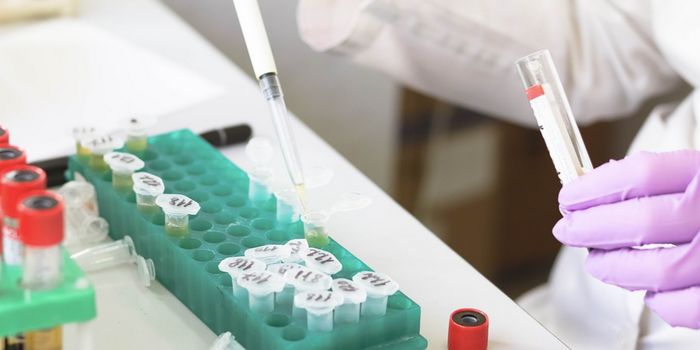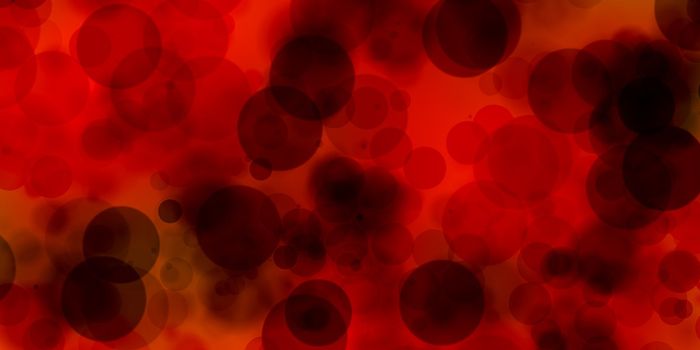Gut Bacteria Affect How the Colon Moves
The microbial community in our gastrointestinal tract is closely linked to human health and well-being. Researchers have now learned that the gut microbiome assists gut neurons that control muscle movement in the colon. The contraction and relaxation of muscles in the wall of the colon is called peristalsis; it helps move food along, and it's influenced by the bacteria in the gut. These findings have been reported in Nature.
"There is a clear link between the presence of microbes in the colon and the speed at which food moves through the system. If this relationship goes off-kilter it could cause considerable harm," noted the lead author of the study Yuuki Obata, a postdoc in the Development and Homeostasis of the Nervous System Laboratory at the Crick.
The researchers found that the presence of certain bacteria activates a gene called Ahr in intestinal nerve cells, which occurs during healthy peristalsis. The system can become dysfunctional during intestinal problems such as irritable bowel syndrome.
"Disturbances of intestinal motility are extremely common and cause a lot of suffering in patients after surgical operations or in conditions such as irritable bowel syndrome. This work provides a foundation to unravel why patients that are colonized with different groups of microbes are susceptible to these intestinal problems," noted Andrew Macpherson, Professor of Medicine and Director of Gastroenterology at the University Hospital of Bern.
While the gut microbiome varies between individuals, certain bacterial strains and microbial diversity levels have been linked to better gut health. This research helps show that gut nerves also have a close connection to the types of bacteria in the gut, and their functions appear to be linked.
"While it's been well-documented that the micro-organisms in our gut influence the function of many organs in our body, including the brain, there's less understanding about the role they play in maintaining the healthy functioning of the millions of nerve cells within [the] digestive system itself. The work we describe here shows that AhR, a molecule which is very important for the function of immune and epithelial cells in the gut, is also used by intestinal nerve cells to sense the presence of microbes and regulate peristalsis, and in doing so, promote healthy digestion," explained co-lead study author Vassilis Pachnis, a group leader in the Development and Homeostasis of the Nervous System Laboratory at the Crick.
"In the future, the use of microbial products that change the activity of AhR in nerve cells could help us alleviate the consequences of abnormal gut peristalsis that is often associated with gastrointestinal diseases," Vassilis added.
Sources: AAAS/Eurekalert! via The Francis Crick Institute, Nature









